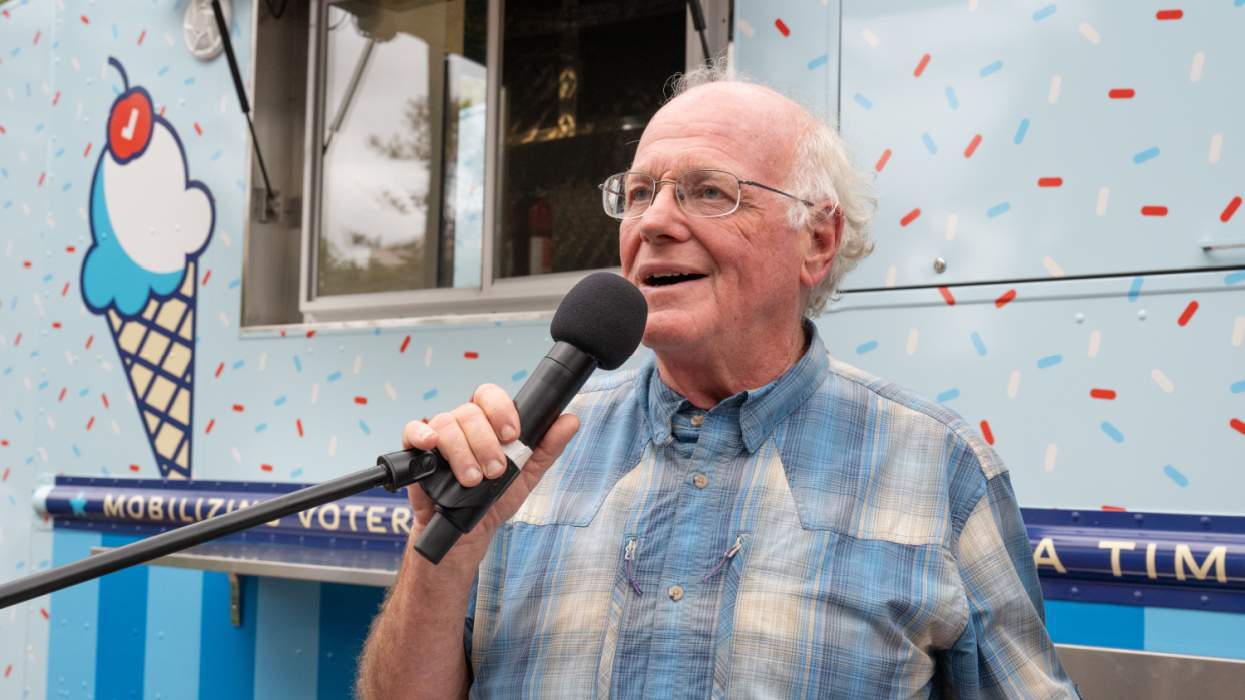President Trump, amid the standard chants and mania of one of his rallies, also made a couple lofty promises at an event in Cincinnati. Chief among them, he promises his administration would put a stop to the AIDS epidemic.
"The things we're doing in our country today, there's never been anything like it," he said. "We will be ending the AIDS epidemic shortly in America, and curing childhood cancer very shortly."
The bold assertions since went viral online, though the Cincinnati Enquirer notes neither the commitment to resolve the HIV crisis or cure cancer for children was a new initiative from the Trump administration. Both were part of his State of the Union speech earlier this year.
Many critics expressed skepticism when news first broke Trump had plans to end the HIV epidemic by 2030. That's partly because actions like cutting Medicaid and weakening the Affordable Care Act undermine such a dream from the start, not to mention proposals in the past to slash international; HIV programs.
But the fact the vision came up at campaign rally six months later shows the idea of ending AIDS is more than a throwaway line in a single speech.
For the record, what Trump promised in the more carefully worded State of the Union address was ending HIV transmissions by 2030, as reported by Politico. Health and Human Services Secretary Alex Azar said then that would be accomplished through a 10-year plan targeting U.S. communities at greatest risk.
Officials at Kaiser at the time called the task "daunting."
"Even given the vital gains made in drug therapies and understanding of the disease over nearly 40 years, it is not an easy undertaking." Kaiser reported, according to the Enquirer.
"The reason we have an AIDS epidemic is not just for a lack of the medication," Dr. Kenneth Mayer, medical research director at the Boston LGBT health center Fenway Institute, said in quotes reported by Kaiser.
"There are a lot of social, structural, individual behavioral factors that may impact why people become infected, may impact if people who are infected engage in care and may impact or affect people who are at high risk of HIV."















Charlie Kirk DID say stoning gay people was the 'perfect law' — and these other heinous quotes
These are some of his worst comments about LGBTQ+ people made by Charlie Kirk.